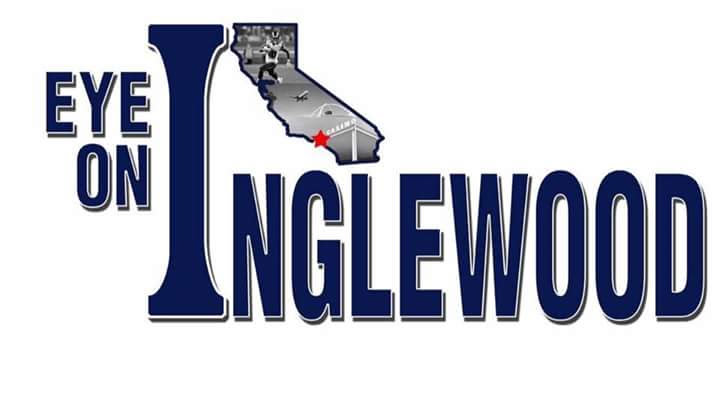Brown v. City of Inglewood, California Supreme Court, S280773, July 7, 2025
- Eye On Inglewood

- Jul 17, 2025
- 2 min read

By: Eye On Inglewood Staff Writer
July 16, 2025
On July 7, 2025, the California Supreme Court addressed whether elected officials can benefit from whistleblower protections under California Labor Code § 1102.5. The Court ruled that elected officials do not qualify as employees for the purposes of this statute.
Wanda Brown, who had served as the elected City Treasurer of Inglewood since 1987, reported concerns about potential financial misconduct to the City Council. Following her revelations, she alleged that the City, along with several City Council members, retaliated against her by removing her duties and council seat, reducing her salary by 83%, and locking her and her staff out of her office, among other actions. As a result, Brown filed a lawsuit against the City, the Mayor, and the Council members for violations of Labor Code § 1102.5 (whistleblower retaliation), defamation, and intentional infliction of emotional distress. In response, the defendants submitted a Special Motion to Strike Brown’s complaint under California’s anti-SLAPP statute. The Trial Court denied this motion, determining that Brown’s claim regarding Labor Code § 1102.5 did not engage the anti-SLAPP statute since it stemmed from the alleged retaliation rather than the defendants' speech-related activities in governance. Consequently, the Trial Court's ruling did not assess whether Brown qualified as an employee under Labor Code § 1102.5.
On appeal, the Court of Appeal reversed the denial concerning the individual defendants, citing City of Montebello v. Vasquez (2016) 1 Cal.5th 409, 422, 426, which affirmed that council members’ votes and comments made during city council meetings receive protection under the anti-SLAPP statute. Since the Court of Appeal found the anti-SLAPP statute applicable, it then had to consider whether Brown demonstrated a likelihood of succeeding on the merits of her claim. The Court concluded that Brown could not establish such a likelihood because, as an elected official, she did not qualify as an employee eligible for whistleblower protections under Labor Code § 1102.5. This determination was based on the language of Labor Code § 1106, which defines an employee for the purposes of § 1102.5 and explicitly excludes elected officials from that definition.
The California Supreme Court subsequently granted review, focusing solely on whether elected officials are deemed employees for whistleblower protection under Labor Code § 1102.5(b). After examining the legislative history of Labor Code § 1106, other statutes related to public worker whistleblower protections, and the definition of “employee,” the Supreme Court affirmed the Court of Appeal’s conclusion that elected officials are not considered “employees” under Labor Code § 1102.5 and thus cannot seek protection under that statute. This ruling clarifies that whistleblower protections under Labor Code § 1102.5 are limited to traditional employees, compelling elected officials to pursue remedies through alternative avenues.


Comments